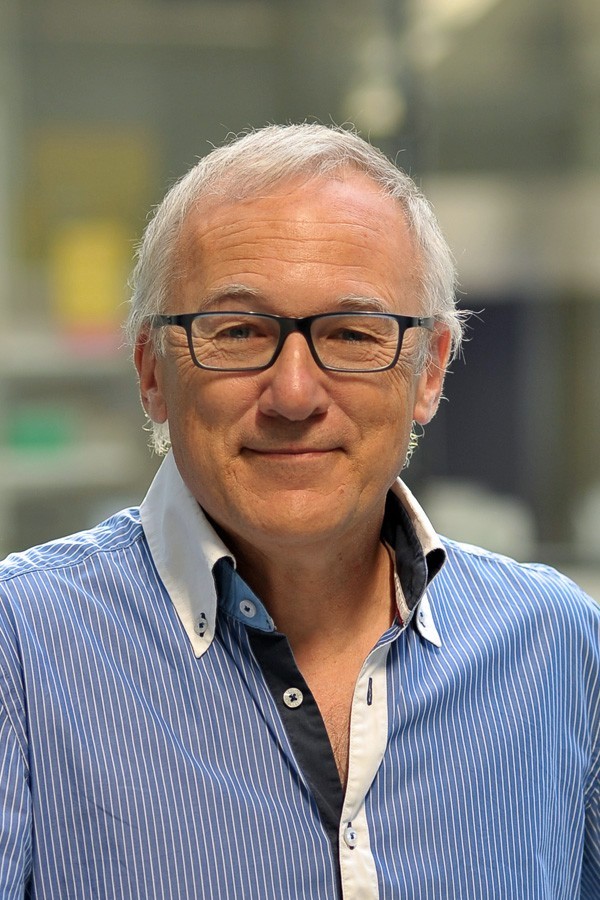
Thierry Amédée
Chercheur
Directeur de recherche / CNRS/ Contact
+33 5 33 51 47 57
www.orcid.org/0000-0002-3657-1927
/ Adresse
IINS - UMR 5297 - CNRS - Université de Bordeaux - Centre Broca Nouvelle-Aquitaine - 146 rue Léo-Saignat - CS 61292 CASE 130 - 33076 Bordeaux cedex -France

Thierry Amédée studied physiology at the University of Bordeaux. He then did a PhD in Physiology and Pharmacology (University of Bordeaux, 1987) to study the electrophysiological properties of rat uterine smooth muscle cells. He then did a post-doctoral stay at UCL at the Department of Pharmcology (Head: Tom Bolton) with Dr. William Large to study adrenergic responses in vascular smooth muscle cells. He then obtained a CNRS researcher position in 1989. Then he joined the Inserm Unit 176 (Neurobiologie Intégrative, Pr Jean-Didier Vincent) to develop a new subject focused on the neuro-glial interactions at the level of the peripheral nervous system (Schwann cells – DRG neurons). Then he moved to the study of neuroglial interactions in the nucleus tractus solitarius, a key region in the integration of neural informations from the periphery to the central nervous system. In 2010 he joined the team of Christophe Mulle at CNRS UMR 5091 (Physiologie cellulaire de la synapse, Dr Daniel Choquet) to develop a new project aimed a deciphering how glial cells activated by neuroinflammation may alter hippocampal synaptic circuits in the context of Alzheimer’s disease.
Thierry Amédée combines expertise in physiology of smooth muscle cells, neuroglial interactions and impact of glial cells on synaptic physiology and plasticity in the context of Alzheimer’s disease.
Publications
-
Impaired plasticity of intrinsic excitability in the dentate gyrus alters spike transfer in a mouse model of Alzheimer’s disease
Neurobiology of Disease. 2021-03.
10.1016/j.nbd.2021.105345 -
PGE2-EP3 signaling pathway impairs hippocampal presynaptic long-term plasticity in a mouse model of Alzheimer’s disease.
Neurobiology of Aging. 2017-02-01. 50 : 13-24.
10.1016/j.neurobiolaging.2016.10.012 -
Synaptic plasticity and spatial working memory are impaired in the CD mouse model of Williams-Beuren syndrome
Mol Brain. 2016-08-02. 9(1)
10.1186/s13041-016-0258-7 -
Microglia-derived purines modulate mossy fibre synaptic transmission and plasticity through P2X4 and A1 receptors.
Eur J Neurosci. 2016-03-01. 43(10) : 1366-1378.
10.1111/ejn.13191
